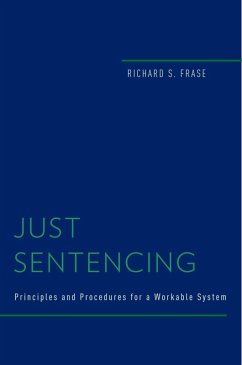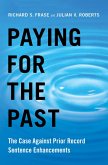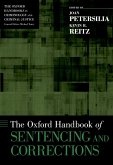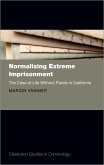For most of the 20th Century, sentencing purposes and procedures were virtually the same in all American jurisdictions. The primary sentencing goal was rehabilitation, to be accomplished mostly in prison. To achieve this goal, judges and parole boards were given broad discretionary powers. In the 1970s, legal scholars and critics began to question such unfettered discretion, and to advocate for a system of prison-as-punishment, not as moral reeducation. Lawmakers began to experiment with mandatory penalties and other limits on sentencing discretion. These changes broke the previously uniform standard of sentencing in America. Today, sentencing purposes and procedures vary wildly between different state and federal jurisdictions. Our fragmented sentencing system has contributed to unprecedented increases in prison and jail inmate populations, disproportionately affecting racial minorities and creating a staggering drain on state budgets. The systems in most jurisdictions are disorganized, expensive, and unfair. We need a new vision, and a new way forward. In Just Sentencing, Richard S. Frase offers a hybrid sentencing model that combines clearly-stated normative principles with procedures that have proven successful in practice. Frase advocates an expanded version of the theory of limiting retributivism, recognizing desert-based and other limits on sentence severity while accommodating crime control and other non-retributive punishment purposes. These principles are implemented with procedures based on the best state sentencing guidelines systems, including mandatory resource- and demographic-impact assessments, appellate review that preserves substantial trial court discretion, and abolition of parole release discretion. This book also shows how the core principles and procedures of the proposed model have been successfully implemented in several states, and endorsed in model sentencing codes and standards. America currently lacks a comprehensive understanding of the purposes and limits of punishment. Just Sentencing offers us a cogent and urgently-needed solution for the incoherent and unsustainable American sentencing system.
Dieser Download kann aus rechtlichen Gründen nur mit Rechnungsadresse in A, B, BG, CY, CZ, D, DK, EW, E, FIN, F, GR, HR, H, IRL, I, LT, L, LR, M, NL, PL, P, R, S, SLO, SK ausgeliefert werden.









